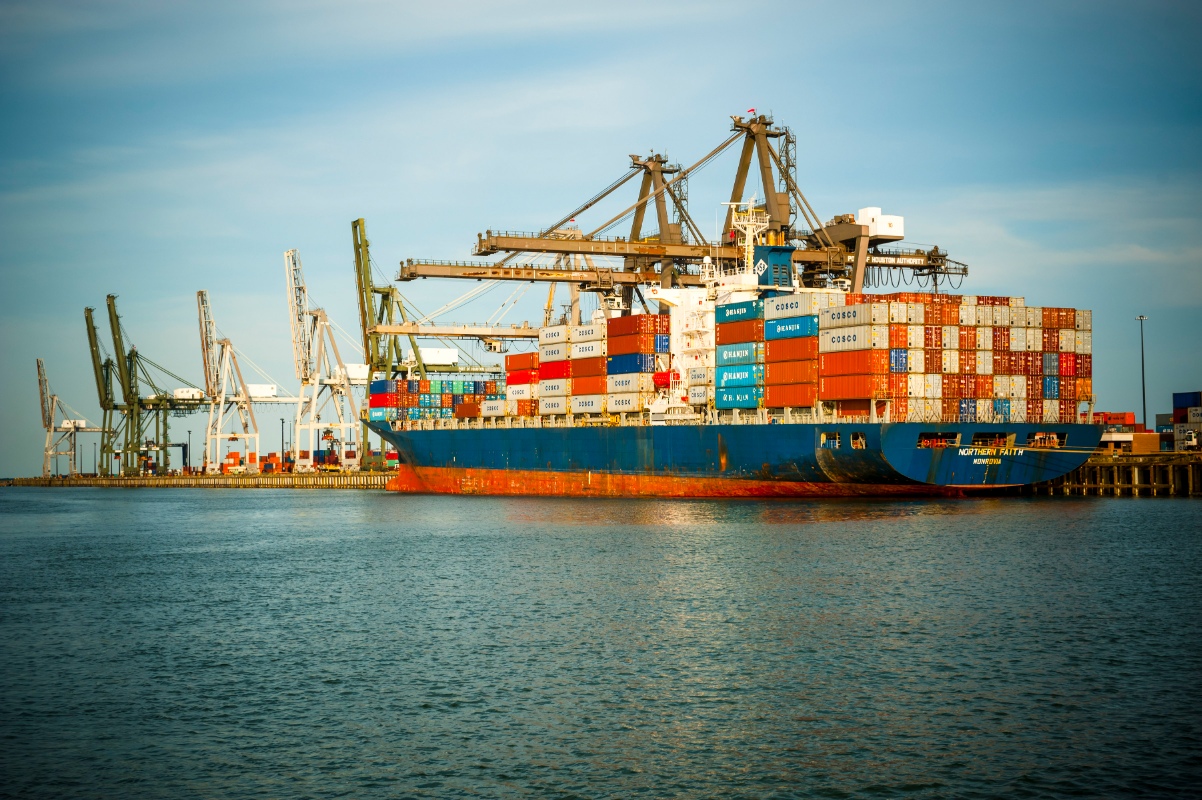Business Beyond Borders to Explore European Export Market
Published May 23, 2019 by Julia McGowen
Houston's geographic location makes it easy for both goods and people to move around the world efficiently, translating into a regional economy that is intrinsically tied to international exports. While our international trade ties reach all corners of the world, our exports to Europe, in particular, are thriving.
The European market will be explored in detail at our Business Beyond Borders: Exporting to the European Market to the European Market event on June 6 with keynote speaker Stan de Caluwe, Senior Supply Chain Manager for the Holland International Distribution Council (HIDC). Below, de Caluwe shares tips for Houston-area businesses exporting to European markets.
How has exporting to the European market changed in recent years? What will it look like in the near future and in the long run?
The Internet and e-commerce have created a global marketplace. Any customer can find any supplier online, but there are still physical, institutional and cultural distances to overcome. Many U.S. companies see that there is opportunity across the Atlantic, but it is still a big undertaking to get products there. Unfortunately, with a looming Brexit and tariffs, things may become more complicated in the near future. However, this should not discourage U.S. exporters, as the European Union is a huge, growing market for many products. In the long run, I still see the U.S. and EU as main trading partners, since there is a cultural affinity.
What goods and services does the Greater Houston region export most to the European market, and what advantages do these exports present?
Aside from petroleum products, which leads European exports, there is a significant volume of industrial machinery, electrical equipment, automotive, computer hardware and chemicals being exported. In each of these categories, there is an export volume of more than 500 million USD from Houston to the Netherlands alone. Some of these products have the Netherlands as their final destination, but most are destined for neighboring countries including Germany, France and the UK. The volumes between the main Dutch ports, Port of Rotterdam and Amsterdam Airport, and their Houston counterparts are significant enough to have high frequency at competitive costs.
In your experience, why are American-based companies hesitant to explore exporting to this region? What advice do you give them?
Many U.S. companies think exporting to Europe is way too complex. And for the most part, they are right, if you look at Europe as a whole. I’d advise businesses seeking to export to Europe to get to know two to three countries first and start with making some sales and growth in those markets. Additionally, U.S. exporters should make it as easy as possible for EU customers to place orders, which often means that you should have product in stock in Europe. When the product is already in Europe, with duties taken care of, you can supply customers in small volumes at high frequency at full pricing, delivering to doorsteps within days. Then you are on the same playing field as potential European competitors.
Why should smaller companies consider exporting to Europe?
There is an appetite for U.S. products in Europe and many great resources out there to help decide which products fit with certain EU countries and sales channels, such as Export Assistance Centers. A crucial aspect is logistics and VAT compliance, that’s where we can help. Once you start selling directly to end clients, you will quickly get valuable feedback on what works and what doesn’t. They key is getting out there, getting informed and working with the right partners.
What do you enjoy most about connecting North American businesses to European markets? What are you excited for next?
I love working with North American companies that want to grow their European business because it is often a unique phase and a lot depends on it. People are excited and are doing many new things at a steep learning curve. At HIDC, we assist more than one hundred U.S. companies annually with all types of products in this phase and for many it’s a big help. Logistics and fiscality are just two parts of the export-to-Europe puzzle, but also very crucial. When I connect a U.S. company who is new to Europe to the perfect logistics partner in the Netherlands, everybody is excited, and this gives me a lot of energy.
Learn more about the European-Houston region export climate at Business Beyond Borders' event on June 6. Click here to learn more and to register for the event.
 The Houston Report
The Houston Report



















